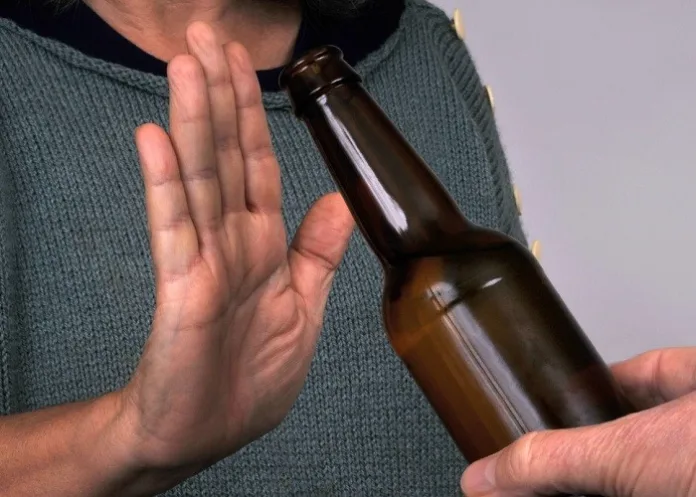Even drinking in moderation – one or two drinks each day over the week – is risky, and with drinkers now becoming more aware of the health dangers of alcohol, many are opting to incorporate alcohol-free days into their weekly routines while still enjoying a tipple on weekends.
But does drinking the same amount spread over the week versus just on the weekends, make any difference health-wise?
According to Megan Lee and Emily Roberts, writing in The Conversation, yes: it gives your body a chance to detoxify, rehydrate and repair itself.
However, they add, while sobriety may be the answer for optimal health, depriving ourselves of the things we enjoy can also lead to negative mental health and a higher likelihood we will binge in the future.
This is why alcohol-free days are becoming so popular, to balance health risks while also giving us the chance to enjoy social activities.
How much is too much?
Australian alcohol guidelines and the WHO state there is no safe level of alcohol use. For adults who do drink, the guidelines recommend a maximum of four drinks in one sitting or 10 in a week. (A zero-alcohol approach is recommended for under-18s and during pregnancy.)
For some, this may not sound like much at all. One in four Australians exceed the recommendation of no more than four drinks in one session, with men more likely to do so than women. This amount can result in alcohol poisoning, damage to brain cells and a higher likelihood of engaging in risky behaviours leading to violence, accidents and unprotected sex.
But what about a wine each night?
Even sticking to the guidelines and drinking in moderation – one or two drinks each day over the week – can be risky. Possible health outcomes of moderated drinking include increased risk of cancer, liver and heart disease, alcohol use disorder, and an increase in the symptoms of anxiety and depression.
Everyone processes alcohol at a different rate depending on age, gender, body shape and size. However, for most people, alcohol can still be detected in the blood 12 hours after consumption. When the body is constantly processing the toxins in alcohol, it can lead to a chronic state of inflammation, which is linked to physical and mental health risks.
There are several biological mechanisms associated with alcohol’s impact on the brain. Alcohol destroys the fine balance of the bacteria in the gut microbiome, which has been linked to brain health.
Alcohol consumption disrupts the function of the amygdala – a part of the brain important for processing and regulating emotion, including our fear response. When this is impaired we are less likely to pay attention to our fears and more likely to engage in risk-taking behaviour.
Areas involved in language production and comprehension are also affected by alcohol, with too much leading to slurred speech and the inability to comprehend communication from others. When drinking dulls frontal lobe brain function, it can can lead to changes in personality for some people. Blackouts can occur from the influence of alcohol on the hippocampus.
Alcohol-free days
Including alcohol-free days in your routine can give the body a chance to rehydrate, detoxify and repair itself from the toxic properties of alcohol.
Detoxification can lead to improved liver function and sleep quality, less water retention and easier weight control, clearer thinking, improved memory, more energy, clearer skin, a strengthened immune system and decrease symptoms of anxiety and depression.
Alcohol-free days can also create a domino effect by encouraging other healthy behaviours like eating more fruits and vegetables, drinking more water, improved sleep patterns and getting up early to exercise.
To incorporate more alcohol-free days into your routine, several steps are recommended, including setting realistic goals; planning alcohol-free activities and alternatives; seeking support and encouragement from family, and acknowledging and celebrating each alcohol-free day – with non-alcoholic rewards for achieving your goals.
Megan Lee is a Senior Teaching Fellow, Psychology, Bond University; Emily Roberts is a PhD Candidate, Psychology, Bond University.
See more from MedicalBrief archives:
Moderate alcohol use associated with lower CVD risk and all-cause mortality – ASPREE
No alcohol is good for your health – Canadian analysis
‘Safe’ levels of alcohol consumption challenged by Irish heart-failure study
International study reveals potential target for alcohol-associated liver disease

